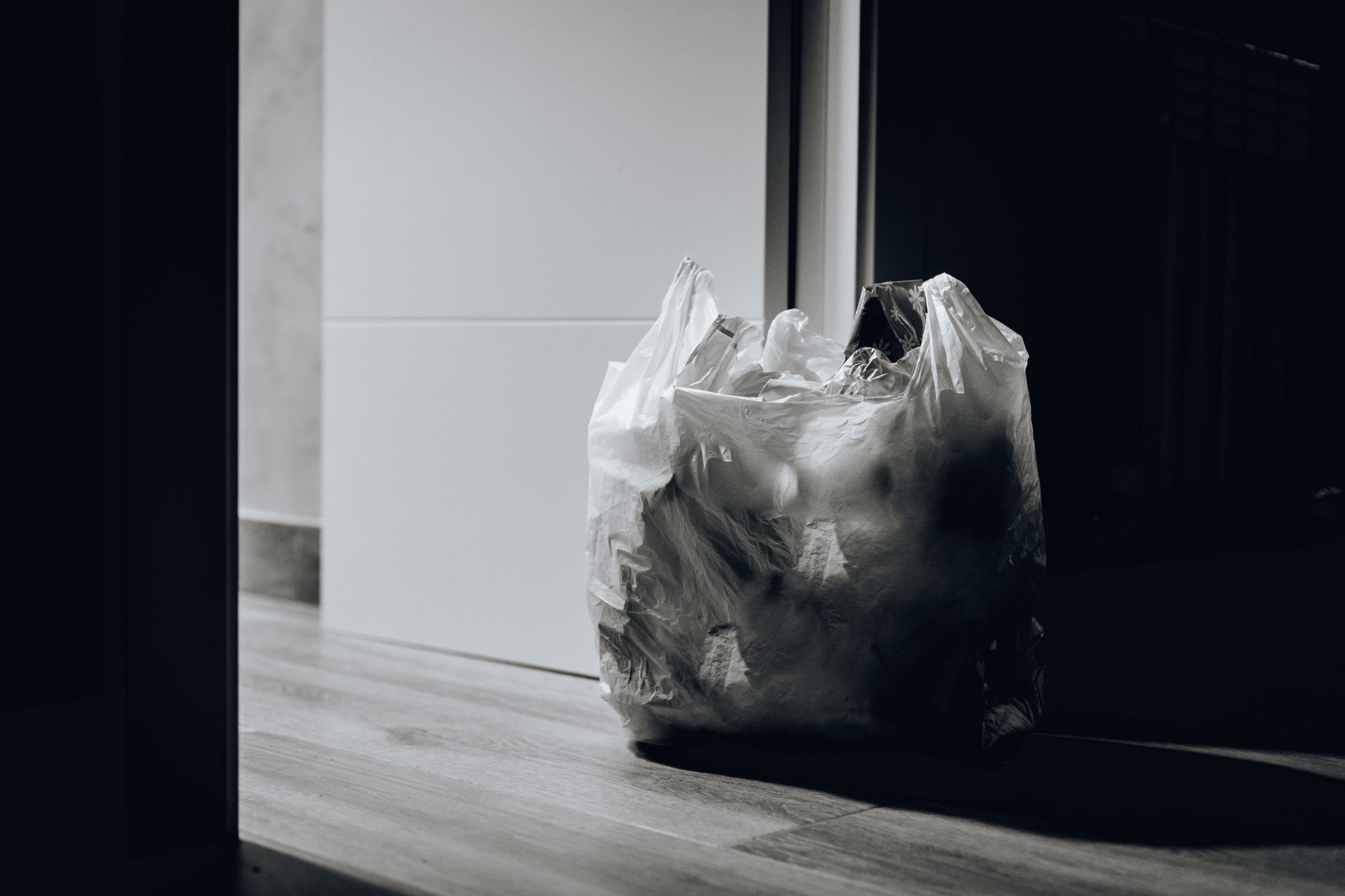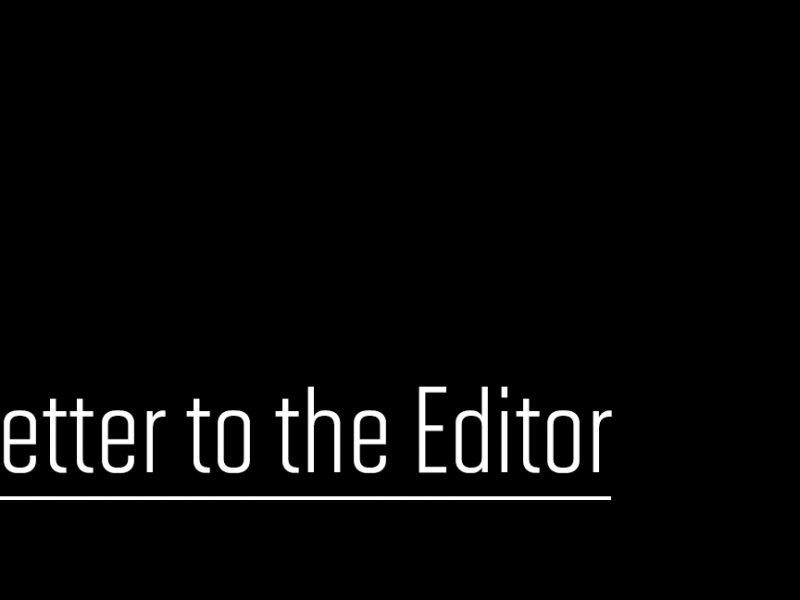Views expressed in opinion columns are the author’s own.
Call me simple, but I love tote bags. A random Saturday shopping spree can instantly become an adventure when I bring my colorful totes, rather than the lifeless, bland plastic bags available at every checkout desk.
Plastic bags, in addition to their unstylish aesthetic, contribute to pollution. A report by Greenpeace, an environmental issues nonprofit, shows no plastic meets the threshold to be called recyclable, and the plastics that are reused are more toxic and end up costing more than new plastics.
Like many states, Maryland has a plastic pollution problem, which has led to several local environmental crises. Plastic pollution deposited into upstream water sources makes its way into the Chesapeake Bay, with research indicating that 94 percent of microplastics remain in the bay instead of flowing to the Atlantic Ocean.
Plastic pollution is a crisis that has spanned decades and cannot be fixed overnight, however, there are steps the state can take to fix its plastic crisis, and ultimately save the bay. To combat the growing plastic pollution in the state and spur further environmentalism, Maryland needs to implement a statewide single-use bag tax.
In 2021, Maryland attempted to pass the Plastic Bag Reduction Act, but it wasn’t signed into law. What made this piece of legislation weak were its added amendments, which dropped taxes on nonplastic single-use bags. This barred the bill’s passage, as well as provided a loophole in the law, since the ban on plastic bags wouldn’t necessarily lead to reusable alternatives, as consumers could instead just use paper bags.
Despite appearing to many as an eco-friendly single-use alternative to plastic bags, paper bags still create an environmental burden. While paper bags are easier to repurpose through recycling and compost, they require greater resources to produce and are the least durable of bagging options, leading to difficulties for both the buyer and the seller.
A few counties in Maryland already enacted or proposed their own plastic bag legislation. In 2012, Montgomery County implemented a 5 cent tax on all plastic and paper bags, which community members state has decreased plastic pollution as well as funded local environmental initiatives.
A statewide nonreusable bag tax would not only decrease plastic consumption and pollution, but could also help Maryland improve statewide environmentalism into the future. The money gained from a prospective tax, such as the bill Baltimore County proposed, could be used to fund further pollution decreasing initiatives and other mechanisms for environmentalism around the state.
Additionally, studies have proven that even taxes as small as a nickel on single-use bags can incite large shifts in consumer behavior, most commonly toward a switch to reusable bags.
There needs to be a comprehensive approach toward ending the era of single-use plastics to see a tangible shift toward reusable bagging alternatives. In Chicago, the paper and plastic bag tax led to an overall decrease in the number of single-use bags used by consumers, as well as a noted increase in their reusable bag usage.
Moreover, an outright ban of plastic bags may place a strain on restaurants and grocery stores which use plastic bags for their durability and food safety. As such, a tax is a way to incentivize people to move away from single-use bags, while enabling those who rely on them to use them.
In Washington, D.C., the plastic bag tax has proven successful in leading the city toward increased environmental initiatives, with the city aiming for “zero waste” by 2032. Moreover, the money raised through the bag tax has gone toward funding several environmental projects. Clearly, Maryland does not need to look far to find a successful example of a successful disposable bag tax.
A simple 5 cent bag tax, such as the one in Washington, D.C., could incite Marylanders to decrease their plastic consumption and turn toward more sustainable alternatives. For example, the revenue generated by such a tax can then be used to clean the forever chemicals that pollute Maryland waterways.
The plastic pollution of today is projected to double by 2030, creating dire consequences for the environment, climate, human health and ecosystems. Only by implementing tangible changes in our consumption behaviors and plastic usage — such as the single-use bag tax — can we begin to look toward a brighter future, and a much cleaner Chesapeake Bay.
My tote bags might seem insignificant and simple in the face of such ubiquitous global plastic crises, but inwardly, they serve an important environmental purpose. While the switch to reusable bags may seem daunting at first, to protect our environment requires changes in how we approach our lives. A bag tax, however elementary it may seem, may just provide a needed shift in our system that can facilitate further action toward environmentalism.
Dalia Mustafa is a sophomore economics and government and politics major. She can be reached at dmustafa@terpmail.umd.edu.



